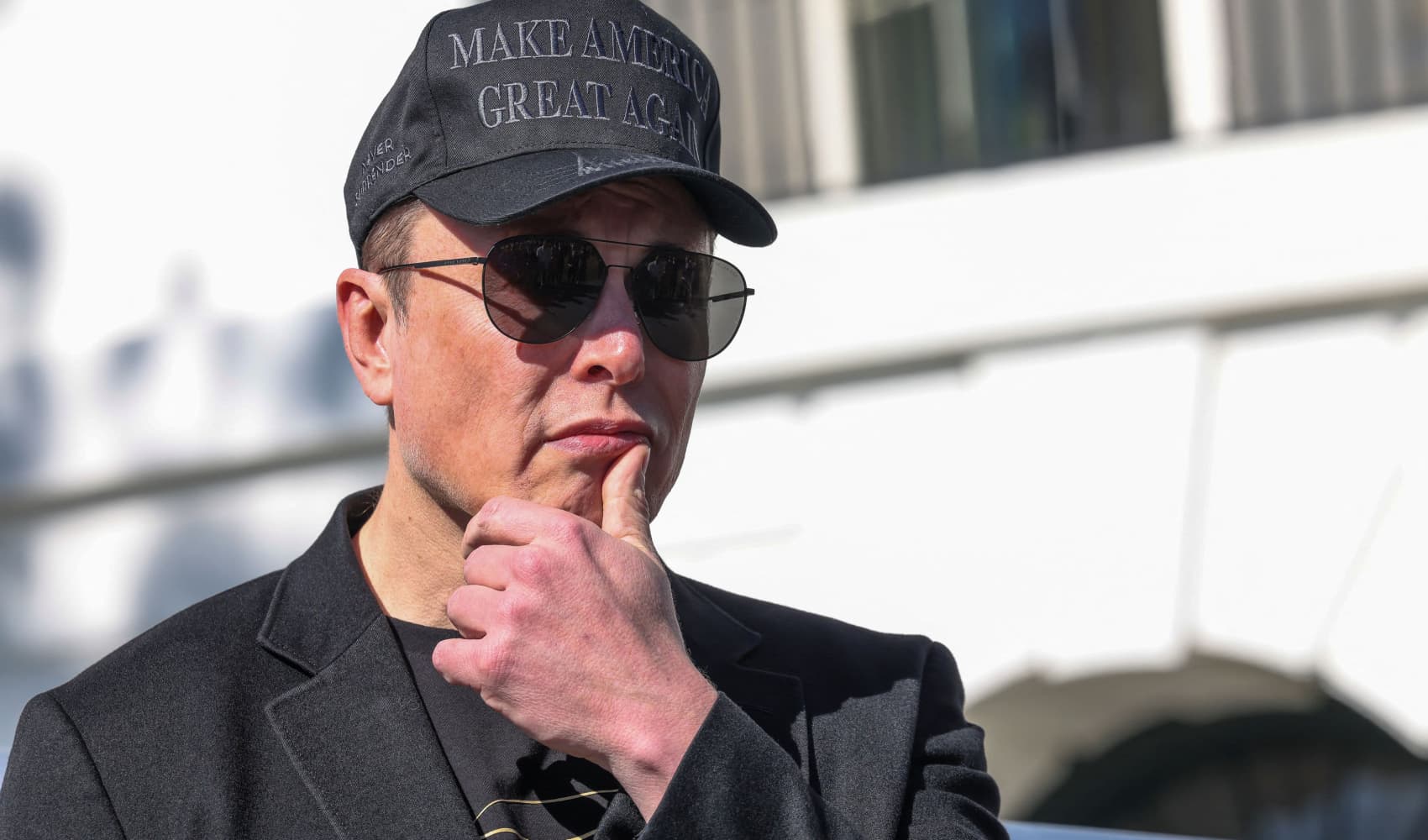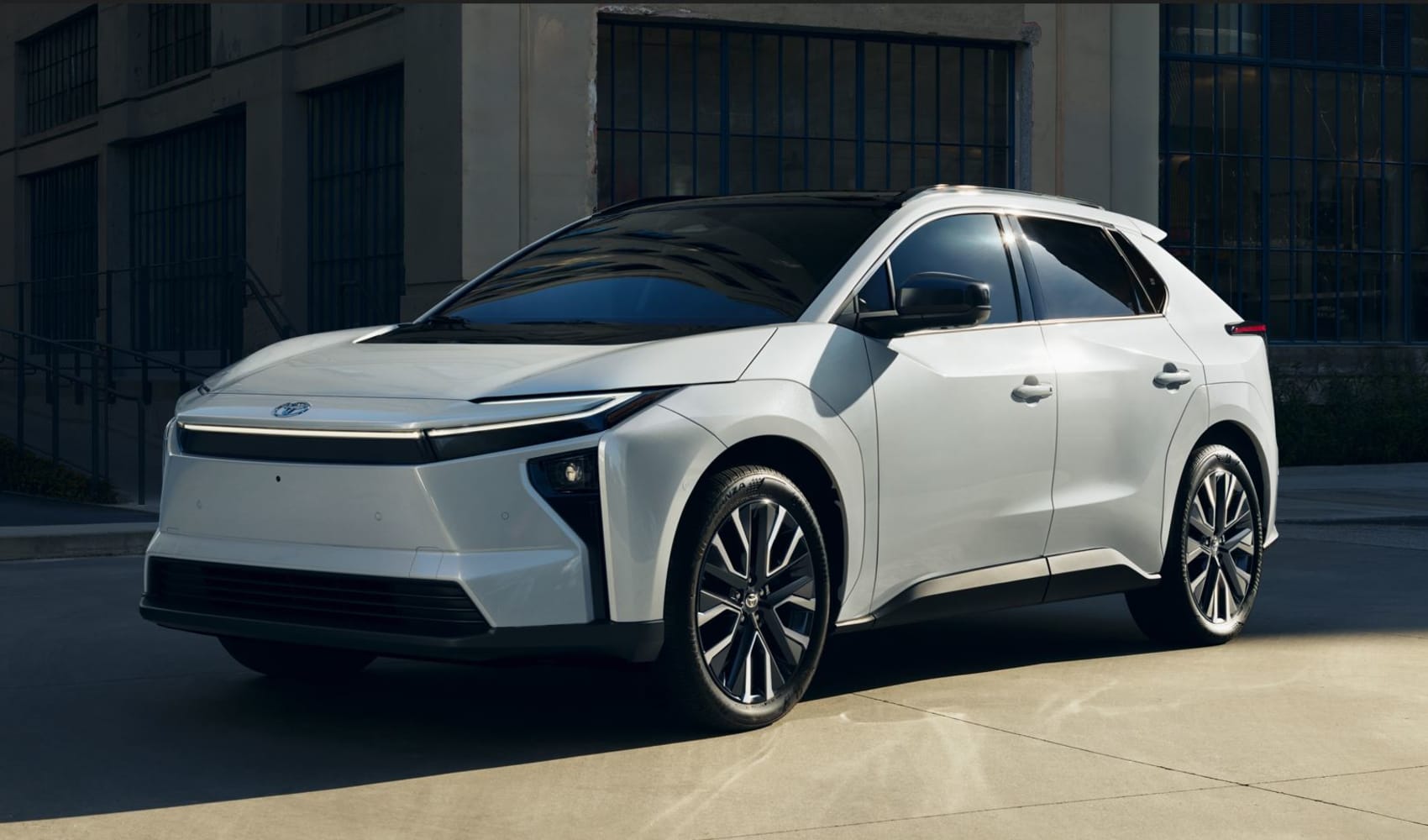Tesla's Exodus: Why Owners Are Ditching Musk's Ride
Tesla's Fading Spark: Why Loyal Fans Are Jumping Ship
The Cracks in the Tesla Armor: Introduction
Remember when Tesla was more than just a car company? It was a movement. A revolution led by the enigmatic Elon Musk, promising a future powered by clean energy and driven by innovation. Early adopters and investors weren't just buying cars or stock; they were buying into a dream. But somewhere along the line, the dream started to fade. The Tesla faithful, once unshakeable in their devotion, are now questioning their allegiance, selling their cars, and even dumping their stock. What happened?
The Elon Effect: From Visionary to Villain?
Elon Musk, the once-celebrated CEO, is now a major factor in Tesla's changing fortunes. While his entrepreneurial spirit and ambitious goals initially captivated the world, his increasingly controversial behavior and political stances have alienated a significant portion of his original fanbase. Is it possible that Musk's personal brand is now overshadowing the Tesla brand?
The Twitter Tumult: A Social Media Minefield
Musk's acquisition of Twitter (now X) has been particularly divisive. His management of the platform, coupled with his outspoken political commentary, has created a firestorm of controversy. Many former Tesla enthusiasts feel that Musk's actions on Twitter are directly impacting the Tesla brand. After all, can you separate the man from the company when the man is the company?
Politics and Polarization: A Dangerous Detour
Tesla's early success was built on a foundation of environmentalism and progressive ideals. However, Musk's increasingly visible political leanings, including his work with former President Donald Trump, have alienated many of those early adopters. The very people who bought Teslas to signal their commitment to a better world are now feeling betrayed. Was it inevitable that politics would seep into the equation?
Trump's Shadow: A Bridge Too Far?
Musk's involvement in the Trump administration, specifically his role in the Department of Government Efficiency, proved to be a breaking point for many. For some, aligning with a political figure whose policies are perceived as antithetical to Tesla's mission was simply unacceptable. It felt like a betrayal of the values they associated with the brand.
Broken Promises and Delayed Deliveries
Beyond the political controversies, Tesla has also struggled with fulfilling its promises. Product rollouts have been frequently delayed, and the company has faced persistent issues with quality control and customer service. Can a company maintain its loyal fanbase when it consistently underdelivers?
The Cybertruck Saga: A Case Study in Unfulfilled Potential
The Cybertruck, with its futuristic design and bold claims, generated immense hype. However, the repeated delays and production challenges have left many potential buyers frustrated and disillusioned. The Cybertruck has become a symbol of Tesla's tendency to overpromise and underdeliver.
Service and Support Shortcomings: A Customer Service Crisis?
One of the most common complaints from Tesla owners is the subpar service and support experience. Long wait times, difficulty scheduling appointments, and unresolved issues have eroded customer satisfaction. In the luxury car market, exceptional customer service is paramount. Tesla's failures in this area have undoubtedly contributed to the loss of loyal fans. How can you maintain enthusiasm when your expensive purchase comes with a headache?
Quality Control Concerns: Are Teslas Built to Last?
Reports of manufacturing defects, paint imperfections, and other quality issues have raised concerns about the overall build quality of Tesla vehicles. While some issues are minor, others can be significant and impact the driving experience. These issues undermine the perception of Tesla as a premium, high-quality brand.
The Rise of the Competition: A Shifting Landscape
When Tesla first emerged, it was virtually alone in the electric vehicle market. Now, established automakers and startups alike are releasing compelling EVs, offering consumers more choices than ever before. This increased competition is giving former Tesla fans alternatives to consider. Has Tesla rested on its laurels while others have caught up?
Rivian, Lucid, and Beyond: Disrupting the Disrupter
Companies like Rivian and Lucid are not only producing high-quality EVs but also focusing on areas where Tesla has faltered, such as customer service and build quality. These companies are offering a more complete and refined EV experience, attracting customers who are dissatisfied with Tesla.
The Stock Market Rollercoaster: Investor Anxiety
Tesla's stock price has been notoriously volatile, reflecting the company's turbulent journey. While some investors remain bullish on the long-term potential of Tesla, others have grown weary of the uncertainty and are choosing to invest elsewhere. Does the stock price reflect the true state of the company?
Bumper Sticker Backlash: A Visual Protest
The ultimate sign of disaffection? Tesla owners are expressing their discontent with Elon Musk by affixing bumper stickers to their vehicles that read, "I bought this before Elon went crazy." This visual protest speaks volumes about the level of frustration among some Tesla owners. It’s a tangible sign of a brand that has lost its way in the eyes of its customers.
The Price of Free Speech: Balancing Opinion and Brand Identity
Elon Musk's commitment to free speech is commendable, but it has come at a cost. His unfiltered opinions, often delivered via Twitter, have alienated potential customers and damaged the Tesla brand. Can a CEO's personal views be entirely separated from the company he leads?
The Future of Tesla: Can the Spark Be Rekindled?
The question now is whether Tesla can regain the trust and loyalty of its former fans. It will require more than just building great cars. Tesla needs to address its quality control issues, improve its customer service, and reassure its customers that it is still committed to its original mission. Can Tesla course-correct and recapture its former glory?
A Matter of Trust: Rebuilding the Relationship
Rebuilding trust is a long and arduous process. Tesla needs to demonstrate a genuine commitment to listening to its customers, addressing their concerns, and delivering on its promises. Actions speak louder than words, and Tesla needs to show, not just tell, that it is dedicated to providing a positive ownership experience. Will Tesla invest in its future fan base?
Conclusion: Lessons Learned and the Road Ahead
Tesla's story serves as a cautionary tale about the importance of brand identity, customer loyalty, and responsible leadership. While innovation and ambition are essential for success, they must be balanced with a commitment to quality, customer service, and ethical behavior. The key takeaways? Brand loyalty is earned, not given. Perception is reality. And even the most groundbreaking companies can falter if they lose sight of their core values. Tesla's future hinges on its ability to learn from its mistakes and rebuild the trust it has lost.
Frequently Asked Questions (FAQs)
- Q: Why are some Tesla owners selling their cars?
A: Some owners are selling their Teslas due to concerns about Elon Musk's behavior, the company's quality control issues, and the rise of compelling alternatives in the EV market.
- Q: How has Elon Musk's Twitter ownership affected Tesla?
A: Musk's controversial management of Twitter and his outspoken political views have alienated some Tesla customers and damaged the brand's image.
- Q: What are the main complaints about Tesla's customer service?
A: Common complaints include long wait times for service appointments, difficulty resolving issues, and inconsistent communication.
- Q: Are there good alternatives to Tesla in the electric vehicle market?
A: Yes, companies like Rivian, Lucid, Polestar, and legacy automakers are now offering competitive EVs with compelling features and better customer service in some cases.
- Q: What can Tesla do to regain the trust of its lost fans?
A: Tesla needs to improve its quality control, enhance its customer service, and demonstrate a commitment to its original mission of sustainable transportation. They also need to consider the impact of Elon Musk's persona on the brand.

